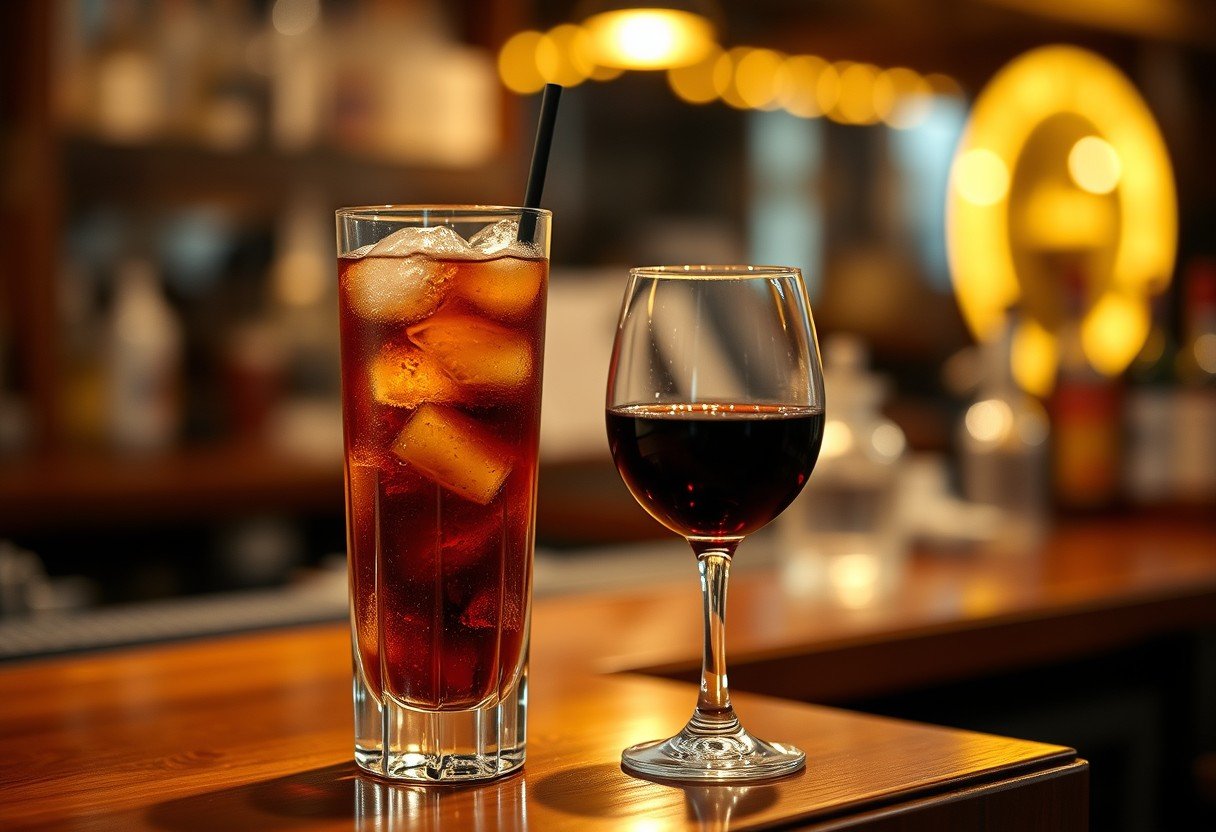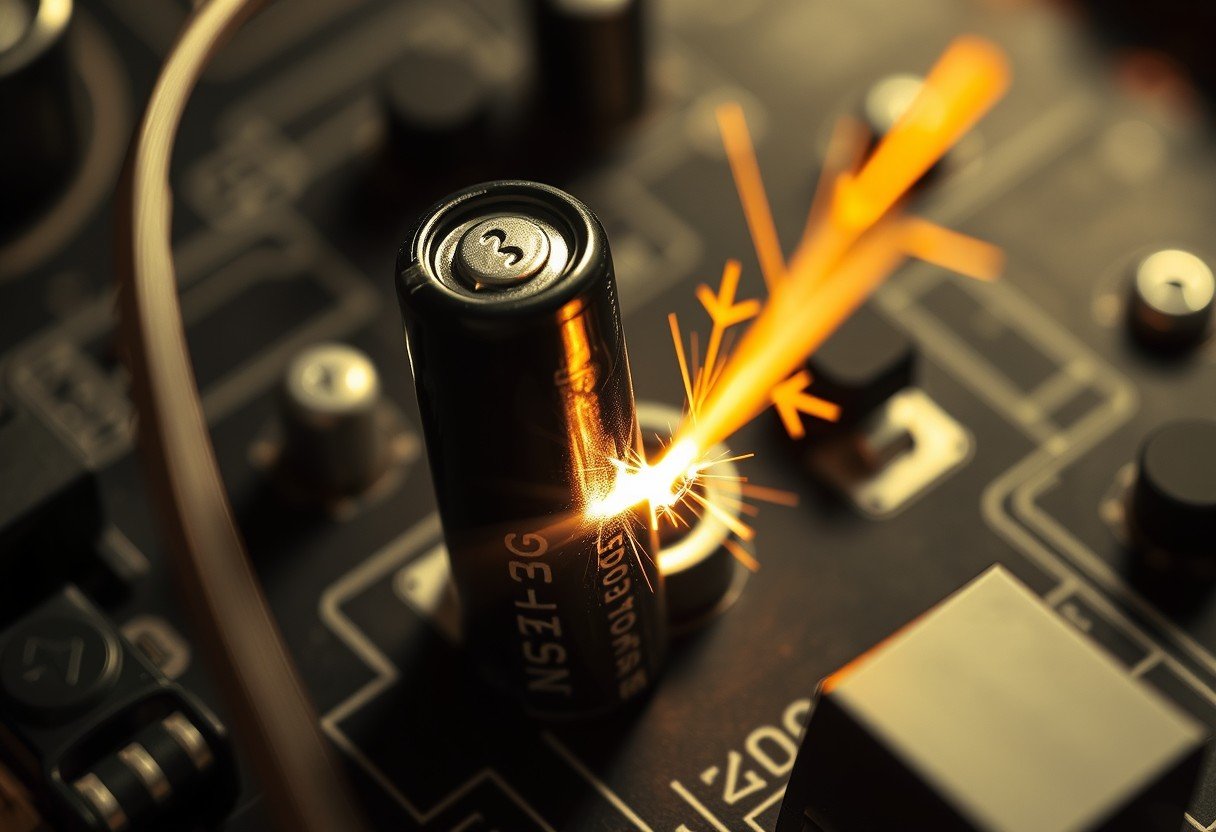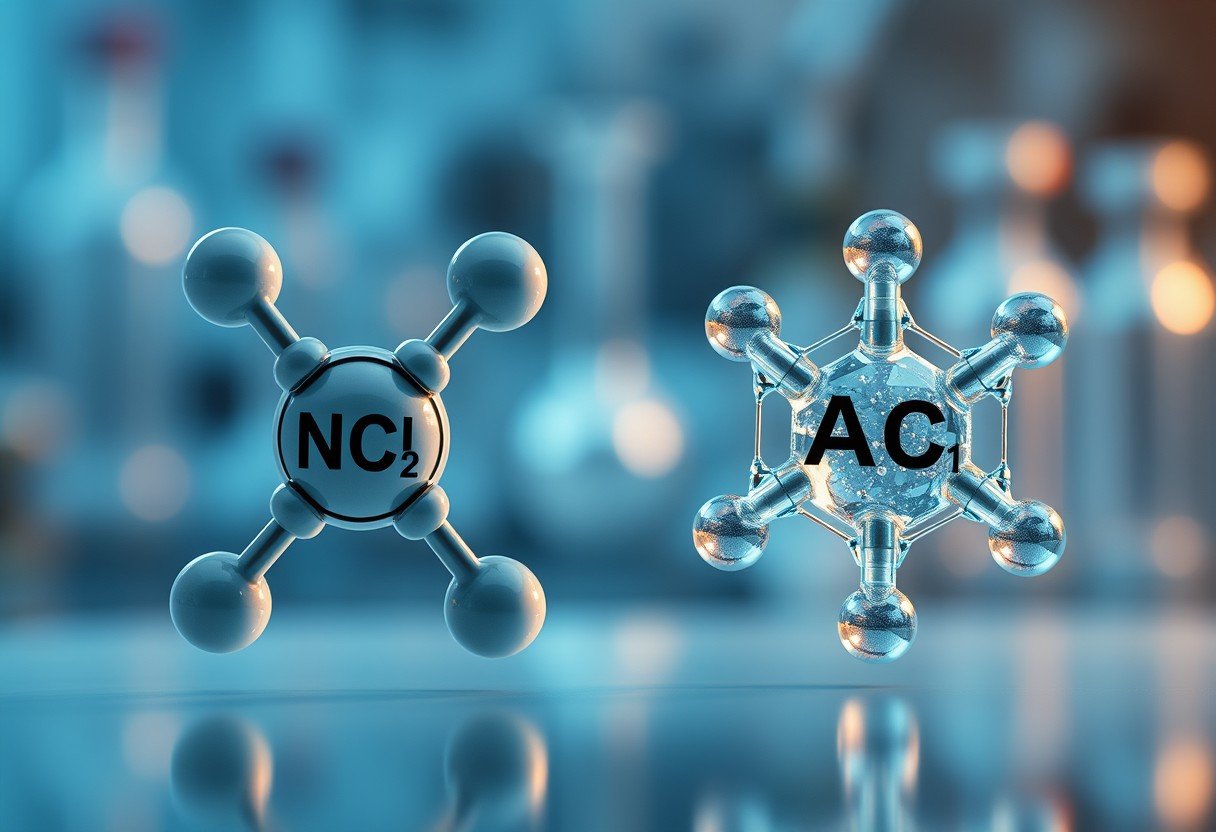Ever wondered why a rum and cola seems to hit you faster than a glass of wine? It’s not just in your head. The secret lies in the combination of sugar and fizzy bubbles in your mixed drink. These ingredients work together to speed up how quickly alcohol enters your bloodstream, making you feel the effects much sooner. Understanding this science helps you make smarter choices about what you drink and how it affects your body.
The Science Behind How Your Body Absorbs Alcohol
When you take a sip of any alcoholic drink, the absorption process begins almost immediately. A small amount of alcohol is absorbed through your stomach lining, but the majority enters your bloodstream through the small intestine.
Once in the blood, it travels to your liver, which works hard to metabolize and break it down. However, the liver can only process a certain amount of alcohol at a time. The speed at which alcohol gets from your glass to your bloodstream determines how quickly you feel intoxicated.
Different beverages have different chemical compositions that can dramatically change this absorption speed. This is why the choice between a cocktail and a glass of wine can result in a very different experience.
Key Factors that Influence Alcohol Absorption
The specific drink you choose is a major factor, but it’s not the only one. Several elements can influence how quickly you feel the effects of alcohol. Your body is a complex system, and how it processes alcohol can change from day to day.
Being aware of these factors can help you better manage your drinking experience. For example, having a meal before you drink can significantly slow down the rate of absorption.
Some of the most important variables include:
- The concentration of alcohol in your drink.
- Whether you have eaten recently.
- Your individual body weight and metabolism.
- How quickly you are consuming your drink.
Your overall health and hydration levels also play a crucial role in this process.
A Tale of Two Drinks: Rum and Cola vs. Wine
At a glance, rum and cola and wine might seem similar in strength, but their composition tells a different story. The way they are made and what they contain directly impacts how your body handles them.
The presence of mixers like cola completely changes the dynamic of alcohol absorption. Let’s break down the key differences in a simple table.
| Feature | Rum and Cola | Glass of Wine |
| Typical Alcohol Content (ABV) | 7-10% | 9-15% |
| Sugar and Carbonation | High | Varies (Usually Lower) |
| Composition | Mixed with other ingredients | Pure (fermented grapes) |
While some wines may have a higher overall ABV, the combination of high sugar and carbonation in a rum and cola makes it a much faster delivery system for alcohol into your blood.
Why Carbonation Speeds Things Up
The fizz in a rum and cola is more than just a pleasant sensation; it actively helps you get drunk faster. The carbon dioxide bubbles in sodas and other carbonated mixers increase the pressure in your stomach.
This increased pressure helps to push the stomach’s contents, including the alcohol, into your small intestine more quickly. Since most alcohol absorption happens in the small intestine, this is like opening a fast lane for alcohol to enter your bloodstream.
This is why non-carbonated drinks like wine lead to a more gradual absorption rate. The lack of bubbles means the alcohol moves from your stomach to your intestine at a more regular pace, giving you a slower, more prolonged effect.
The Sneaky Role of Sugar in Your Cocktail
Sugar is another key player in the rapid absorption of a rum and cola. Your body is programmed to process sugars quickly for energy. When you consume a sugary alcoholic drink, your digestive system gets to work on the sugar right away.
This can interfere with and sometimes speed up the metabolism of alcohol, allowing it to enter your bloodstream more rapidly. In contrast, wine contains more complex sugars and compounds like tannins.
These compounds, particularly tannins found in red wine, can actually slow down the absorption process slightly. Therefore, the simple, high sugar content of cola gives it a distinct advantage in terms of absorption speed.
Health Considerations of Faster Absorption
Understanding absorption rates isn’t just for curiosity; it has real health implications. When alcohol enters your bloodstream quickly, your blood alcohol concentration (BAC) spikes faster. This can lead to more intense feelings of intoxication in a shorter period.
This rapid intoxication can impair your judgment and coordination more suddenly, increasing the risk of accidents or making poor decisions. It can also lead to more severe hangovers, as your body is hit with a larger dose of alcohol for your liver to process all at once.
Over the long term, regularly consuming fast-absorbing drinks can contribute to developing a higher tolerance. This might lead you to drink more to achieve the same effect, increasing the risk of chronic health issues like liver damage and alcohol dependence.
Frequently Asked Questions
Why is a rum and cola absorbed faster than wine?
A rum and cola is absorbed faster mainly because of its high sugar content and carbonation. The bubbles from the cola speed up the passage of alcohol from the stomach to the intestines, and the sugar can also enhance the absorption rate into the bloodstream.
How do the bubbles in cola affect alcohol absorption?
The carbon dioxide bubbles increase pressure in your stomach. This increased pressure helps push alcohol into your small intestine more rapidly, which is where most alcohol is absorbed, leading to a quicker onset of its effects.
Does the sugar in a mixed drink really make a difference?
Yes, sugar plays a significant role. Your body processes sugar quickly, which can speed up the rate at which alcohol enters your system compared to drinks like wine, which have more complex compounds and generally less simple sugar.
Can eating food before drinking slow down absorption for both drinks?
Absolutely. Eating a meal before drinking is one of the most effective ways to slow down alcohol absorption for any beverage. Food in the stomach slows down the emptying process, giving your body more time to process the alcohol gradually.
Are there health risks with drinks that are absorbed quickly?
Yes, faster absorption leads to a quicker spike in blood alcohol concentration. This can increase the risk of immediate impairment, accidents, and overconsumption. Over time, it can contribute to developing a higher tolerance and other long-term health problems.









Leave a Comment